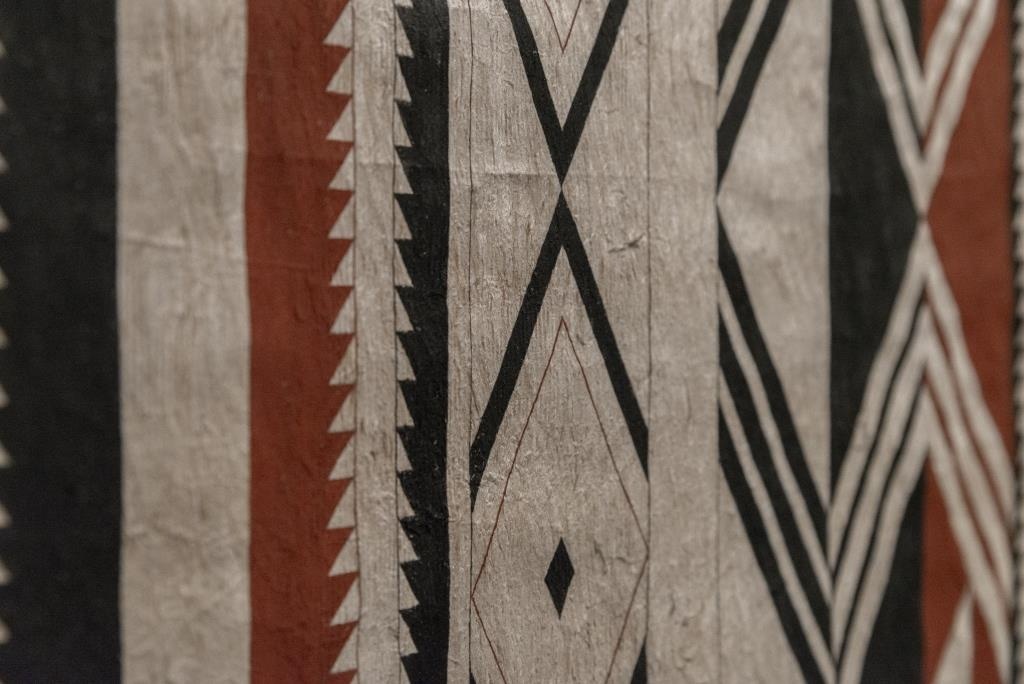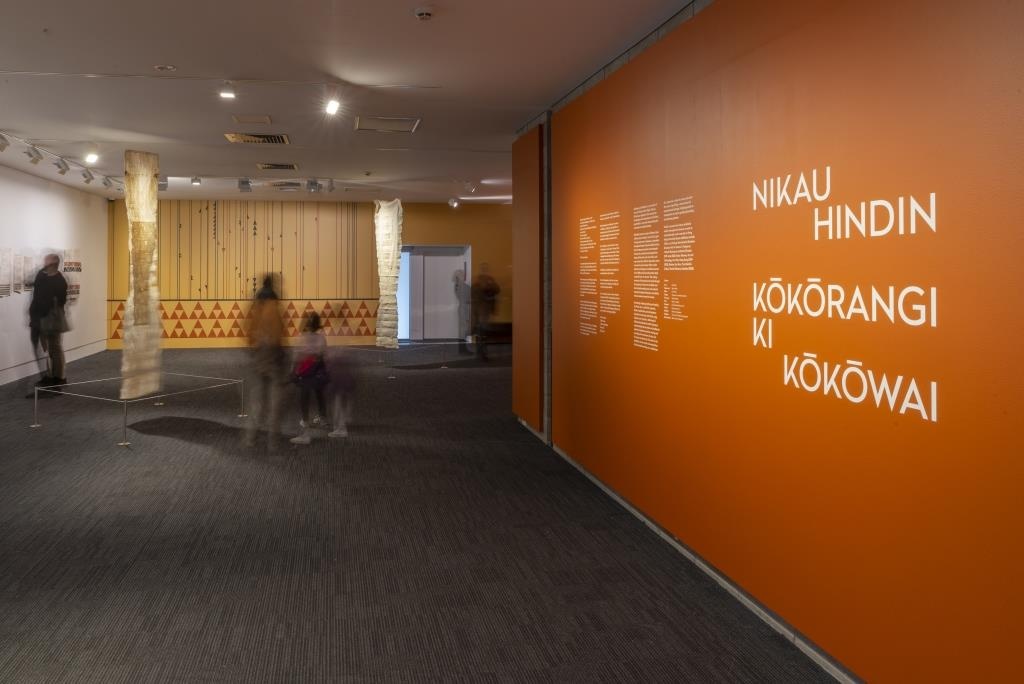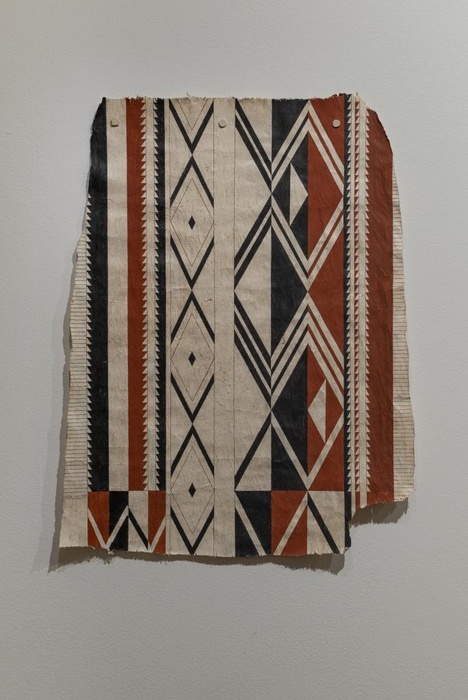



KŌKŌRANGI KI KŌKŌWAI
This is me, ko tenei au,
Extending from our Sacred Earth Mother to the
High Heavens our Sky Father and all of their children in between.
I am this wide, I am this long. I am this vast. They are In me.
Ko tenei au.
I am the physical embodiment of my ancestors, descended from these gods.
descended from the Great Night, descended from the Great Void.
Here. Now. I stand.
I am this wide, I am this long. I am this old. In me.
I am linear, non-linear, and everything in between, time, space, body.
I stand here, with them, in me.
We stand here with them, in me.
I am trying to remember, not revitalise.
To revitalise would suggest we are lost.
How can we be lost, at home. on our mother, under father.
We are not lost.
We have just forgotten.
who we came from.. the sacred feminine and masculine.
these two life force energies combined.
WAI - RUA. the two waters running through us…
I am trying to remember, not revitalise.
We have just forgotten.
How to talk to the moon. How to talk to the trees. How to talk to our ancestors.
See you might think I’m crazy, talking, to these inanimate objects
But to that I would say, our ancestors are universally literate!
We can inhale the salty air and it will tell us when the rain will come.
We can slap. Slap! the waters of Tapuwae my awa and fat mullet will jump into our waka.
We can forecast the prosperity of our crops by the winking stars of Matariki.
We can plan our garden with the moon whispering in our ears.
I am trying to remember, not revitalise.
We have just forgotten.
How to listen to that inner voice of knowing.
Te reo no ō tipuna, no ngā atua, no roto i a koe ano.
The language from our ancestors, from the gods, is within you.
Already. Call on this inner voice, let it spill out of you, unashamedly.
Patua te whakamā.
Defiantly, speak your native tongue.
It has survived whippings, legislative annihilation
– it is now Sharpened.
Beaten like metal, it is resilient.
Pounded like poi, it is elastic, transformative, fluid.
Twisted like a double helix, it is microscopic, coiling within every cell in your body.
so let it be heard within. then without.
Don’t Doubt. Let yourself remember. These blood memories.
This is me. Ko Tenei au.
Standing here in Hawaiki. Hawaii.
Our ancestral conceptual sequential homeland. Motherland.
Where our Gods are most potent but most desecrated.
Raped, pillaged. Concrete piles and dredged lo’i gardens.
They took the ‘ai out of our ‘aina. Leaving Ngā with no plurality. Physically, metaphorically. They starved you. Kai Kore. ‘Ai ‘Aole.
What was once a thriving natural metropolis
is now a self destructing sinking populous.
We have not forgotten. But I am trying to make others remember.
That we all came from this land.
Land, ‘Aina, Home, Kainga. And we will all return.
Not ours to possess but ours to steward, to protect.
Earth worship, sky worship.
No more warships.
Plastic is not our new god. Wasting is not our new prayer.
We all have agency.
Universally. There is urgency.
I am trying to remember, not revitalise.
We have just forgotten.
The Aestheticization of this nation.
We are getting high off ideas and notions.
Disconnected from the physical- purchasing pixels with penny’s.
Pick yourself up from the confines of this system
which tells you everyday you can’t love yourself
without dropping dollars on this. or this.
A system that systematically ensures the demise of our Mother. Land. Papa. Wakea.
We all have a kuleana. By default.
You crossed the borders onto this ‘aina, now learn its powers.
I know you can feel her. Pele.
Let Pele’s deep amber lava flow through your blood.
She singes consumption. Melts systems.
No things would remain after her explosion.
Papa and Wakea have been patient with us.
After an eruption what would be left?
What would be most potent now?
Let the blood memories remind you.
Your body knows.
Your spirit knows.
We are trying to remember, not revitalise.
We have not forgotten.
– Nikau Hindin, 2017.
This poem is published in connection with the exhibition Nikau Hindin: Kōkōrangi ki Kōkōwai